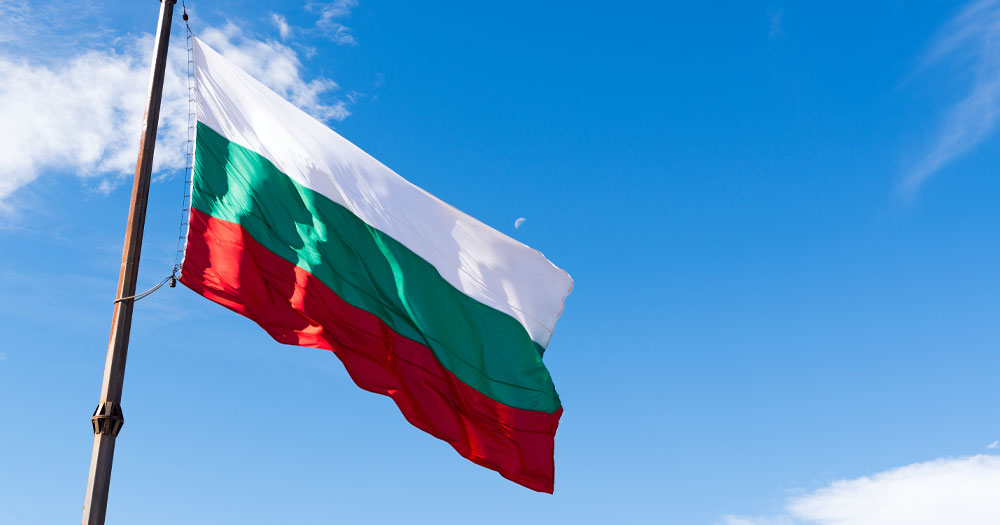With an interpretative decision issued on February 20, the Supreme Court of Cassation in Bulgaria ended the possibility for trans people to change their gender on legal documents.
Under Bulgarian law, legal gender recognition is not comprehensively regulated. In the absence of clear legislation, a practice was developed whereby trans people wishing to have their preferred gender legally recognised needed to lodge an application with ordinary courts. Outcomes of the cases were thus heavily dependent on the judges’ personal opinions, with some courts granting permission to change legal gender and others not.
The aim of the interpretative decision issued by the Supreme Court of Cassation was to unify legal practice in Bulgaria around gender recognition. With this decision, the court completely rejected the possibility for trans people to have their gender legally recognised and it gave binding directions to all courts in the country to reject pending or future applications for gender recognition.
In the decision, the court stated that “The current law does not provide for the possibility for the court to allow the change of the data regarding the gender, name and uniform civil number in the acts of civil status of an applicant who claims to be transgender”.
?? Trans people in Bulgaria are now banned from changing their legal gender, its Supreme Court has ruled.
?⚖️ While some judges have until now assumed the law allowed legal gender changes through court rulings, the Supreme Court decision has put an end to this. pic.twitter.com/BWMPRNueww
— Openly ?️? (@Openly) February 21, 2023
The court also added that “The Constitution and all Bulgarian legislation are built on the understanding of the binary existence of the human species. Gender is determined at birth and is lost at death,” and that a change in a person’s legal gender “should be considered admissible only in the case of detailed legislation, which is currently lacking. If the court allows such a change without detailed legislation, this will put the legal position of the petitioner’s spouse and their children in a state of uncertainty.”
This decision from the Bulgarian court comes at a time when other countries in the EU are taking opposite steps regarding the protection of the rights of transgender people. Spain and Finland recently passed landmark gender recognition legislation that allows trans folks to change their legal gender through a system based on self-determination, a process that has also been implemented in Ireland since 2015.
© 2023 GCN (Gay Community News). All rights reserved.
Support GCN
GCN is a free, vital resource for Ireland’s LGBTQ+ community since 1988.
GCN is a trading name of National LGBT Federation CLG, a registered charity - Charity Number: 20034580.
GCN relies on the generous support of the community and allies to sustain the crucial work that we do. Producing GCN is costly, and, in an industry which has been hugely impacted by rising costs, we need your support to help sustain and grow this vital resource.
Supporting GCN for as little as €1.99 per month will help us continue our work as Ireland’s free, independent LGBTQ+ media.
